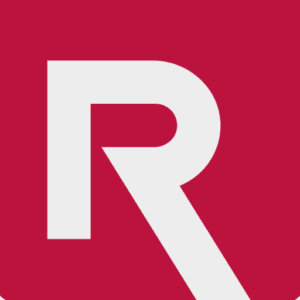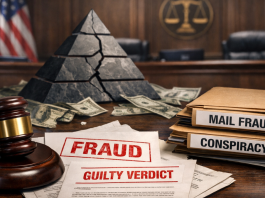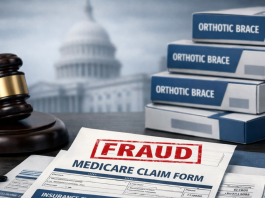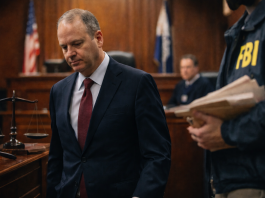To address accusations of breaking the False Claims Act, City Medical of the Upper East Side, PLLC, Summit Medical Group, P.A., Summit Health Management, LLC, and Village Practice Management Company, LLC—collectively known as CityMD—have reached a settlement of $12,037,109. The Health Resources and Services Administration’s (HRSA) Uninsured Program is the target of the settlement, which deals with the filing of fraudulent claims for COVID-19 testing.
Background of the Uninsured Program
During the pandemic, HRSA’s COVID-19 Claims Reimbursement to Health Care Providers and Facilities for Testing, Treatment, and Vaccine Administration for the Uninsured Program was designed to give medical professionals who treated uninsured patients money support. After testing, treating, and immunizing uninsured people against COVID-19, providers were paid at Medicare rates by the program. It was thanks to this initiative that, at the height of the epidemic, vulnerable communities were able to receive the essential medical attention.
Allegations Against CityMD
The Justice Department contends that CityMD submitted false claims to the Uninsured Program and caused others to do the same between February 4, 2020 and April 5, 2022. At the heart of the matter was the allegation that prior to filing claims, CityMD had insufficiently checked persons’ insurance status. These included situations in which CityMD filed claims for payment for services rendered under the Uninsured Program even when patients’ health insurance cards were on file. Furthermore, by misdesignating patients as uninsured on request forms, CityMD is said to have led independent laboratories to submit fraudulent claims.
Voluntary Disclosure and Cooperation
In the settlement, CityMD was given credit for its cooperative efforts, voluntary disclosure, and repair efforts. In order to help the United States calculate the financial losses brought about by the alleged false claims, the organization hired a third party. CityMD showed that it was committed to making things right by assisting with the inquiry, which helped to settle the claims.
Statements from Officials
During the epidemic, Brian M. Boynton, principal deputy assistant attorney general, stressed the significance of the Uninsured Program in offering vital assistance. He emphasized the commitment of the Justice Department to making sure that emergency assistance initiatives are put to good use. The dedication to stopping the misappropriation of money intended for Americans without health insurance was reaffirmed by U.S. Attorney Philip R. Sellinger for the District of New Jersey. The recovery of funds obtained fraudulently is guaranteed by the settlement, he emphasized.
The Role of the Whistleblower
A CityMD patient named Steven Kitzinger also has his claims resolved by the settlement under the False Claims Act’s qui tam provisions. Private parties may bring lawsuits on behalf of the US under these provisions, with the possibility of earning a share of the damages awarded. Part of the settlement that Kitzinger will get is $2,046,308. The importance of whistleblowers in exposing fraud and maintaining accountability in the use of public funds is demonstrated by this.
Broader Implications and Fraud Prevention
The case’s outcome is a component of a bigger initiative to stop fraud related to pandemics. The COVID-19 Fraud Enforcement Task Force was created by the Attorney General on May 17, 2021. The purpose of this task force is to improve efforts to prevent and prosecute fraud linked to pandemic assistance programs by utilizing resources from the Justice Department and other government agencies. The task force’s objectives are to track down dishonest people, improve agency cooperation, and exchange knowledge from previous law enforcement initiatives.
The $12 million settlement with CityMD emphasizes how crucial it is to use pandemic relief money with accountability. It emphasizes the need of collaboration and voluntary disclosure in settling fraud-related claims. This settlement serves as a reminder of how important it is to monitor healthcare programs closely and transparently, especially in times of crisis. To preserve public confidence and make sure that resources get to the people who need them most, it is imperative that measures to recover wrongfully obtained money and stop fraud in the future be made.




